
lex-o-pedia
The Concept of Summons and Discovery in Civil Law
Summons and discovery are essential components of civil litigation that ensure fairness and transparency in the legal process. A summons is a formal notice issued to inform a party of legal action and compel their presence in court. Discovery, on the other hand, facilitates the exchange of relevant

lex-o-pedia
The Concept of Summons and Discovery in Civil Law
Summons and discovery are essential components of civil litigation that ensure fairness and transparency in the legal process. A summons is a formal notice issued to inform a party of legal action and compel their presence in court. Discovery, on the other hand, facilitates the exchange of relevant

lex-o-pedia
The Concept of Spousal Maintenance under Hindu Law
Spousal maintenance under Hindu law is governed by the Hindu Marriage Act, 1955, Hindu Adoptions and Maintenance Act, 1956, and the Criminal Procedure Code, 1973. Both interim and permanent maintenance can be claimed by either spouse, with specific provisions for a wife under CrPC and HAMA. Courts c

lex-o-pedia
False imprisonment under Tort law
False imprisonment is a tort that occurs when an individual is unlawfully confined or restrained without consent or legal justification. It requires total restraint, intentionality, and lack of lawful authority. The tort protects personal liberty and offers remedies such as damages, self-help, and h
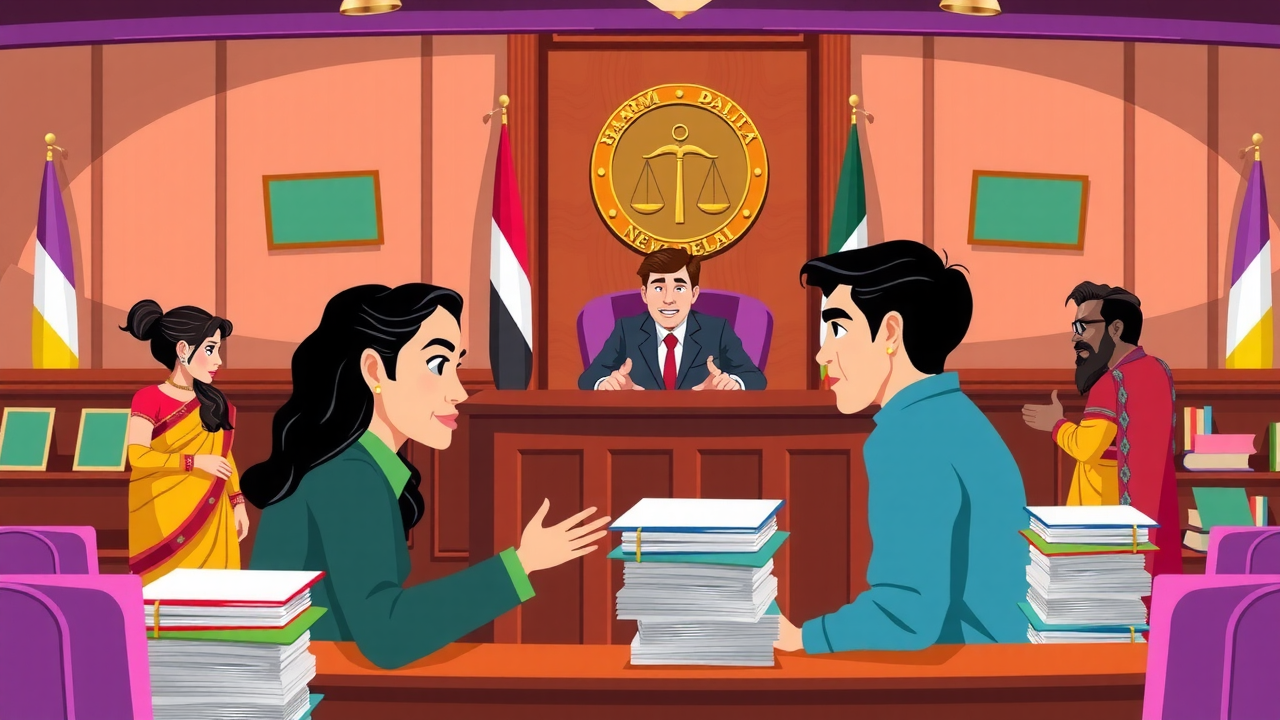
lex-o-pedia
Parties to Suit, Frames of Suit, and Pleadings in Civil Procedure
Civil litigation involves identifying the correct parties, framing the suit properly, and drafting precise pleadings. Parties to a suit, such as plaintiffs and defendants, must have a direct interest in the dispute. Proper framing of the suit ensures all claims and parties are aligned, avoiding proc
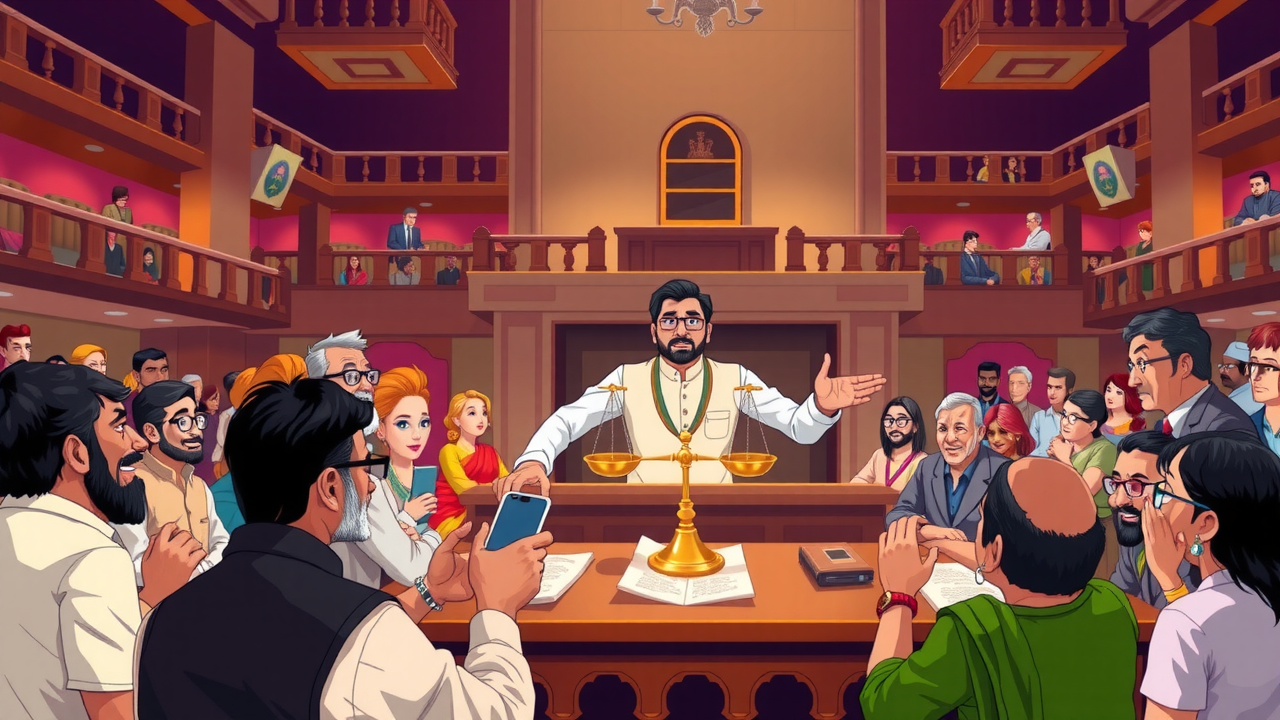
lex-o-pedia
The Principle of Separation of Powers
The doctrine of separation of powers divides government functions among the legislative, executive, and judicial branches to prevent the concentration of authority and ensure checks and balances. Montesquieu’s The Spirit of the Laws (1748) emphasized this principle, warning that liberty is compromis
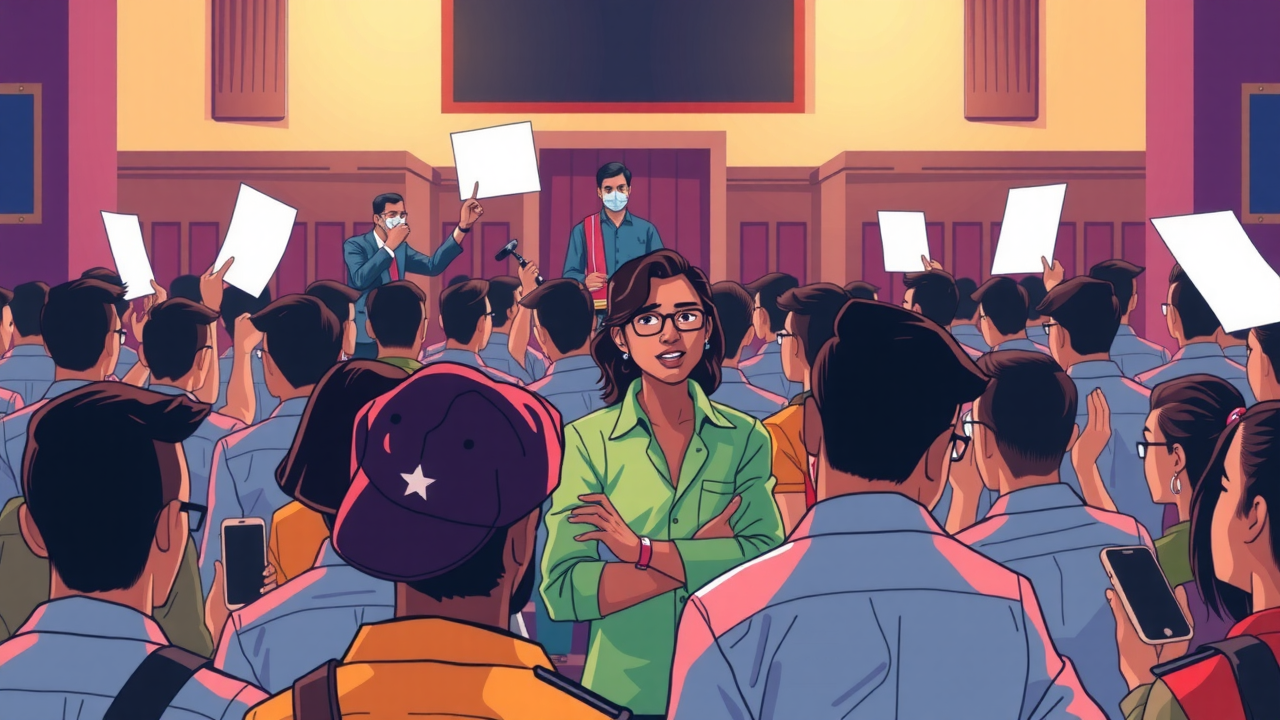
lex-o-pedia
The writ of Habeas Corpus
The writ of habeas corpus is a crucial legal remedy that protects individuals from arbitrary detention. It empowers courts to demand that authorities justify the detention of a person, ensuring their freedom is not violated unlawfully. Enshrined in Articles 32 and 226 of the Indian Constitution, thi

lex-o-pedia
Arbitration Agreements (The Arbitration and Conciliation Act, 1996)
An arbitration agreement is a fundamental component of arbitration proceedings, forming the basis for resolving disputes outside of court. Governed by the Arbitration and Conciliation Act, 1996, it reflects the parties’ mutual consent to submit their disputes to an impartial arbitrator. The agreemen
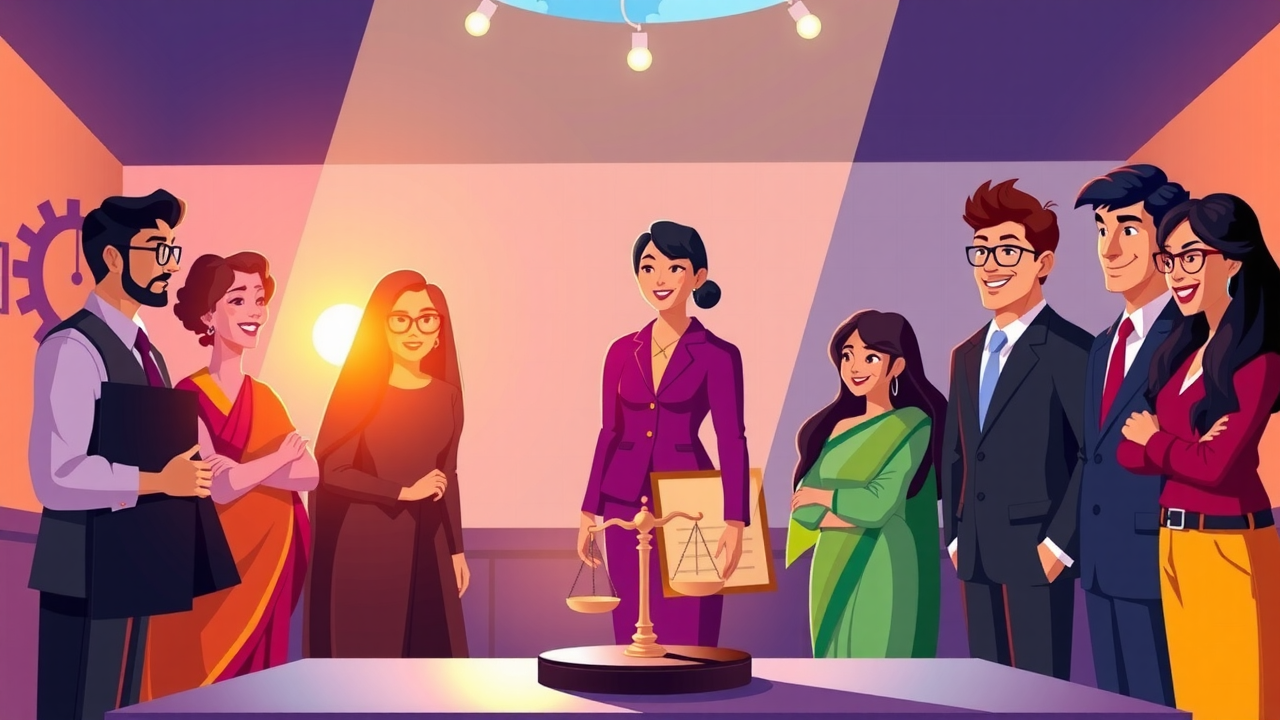
lex-o-pedia
Salient features of the Arbitration and Conciliation Act, 1996
The Arbitration and Conciliation Act, 1996 is a key legislative framework that governs dispute resolution through arbitration and conciliation in India. It replaced the outdated 1940 Act, aligning India’s arbitration practices with international standards, particularly the UNCITRAL Model Law. The Ac

lex-o-pedia
Key Characteristics of a Company: An Overview
A company is a legal entity with distinct characteristics such as limited liability, perpetual succession, and separate legal existence from its shareholders. Incorporated under the Companies Act, it is considered an artificial person, capable of owning property, entering contracts, and being sued.

lex-o-pedia
Procedure for filing a trademark under the Trademark Act, 1999
The process of trademark registration in India, governed by the Trade Marks Act, 1999, involves several key steps to protect a brand’s identity. Any person claiming to be the proprietor of a trademark can apply for registration with the Registrar. Upon acceptance, the application is advertised for p

lex-o-pedia
Conciliation: A flexible approach to dispute resolution
Conciliation is a voluntary, non-binding method of Alternative Dispute Resolution (ADR) where a neutral third party, the conciliator, helps disputing parties reach a mutually agreeable settlement. Governed by the Arbitration and Conciliation Act, 1996 in India, it emphasizes collaboration and flexib

lex-o-pedia
Passing Off action for Protection of the Trademark
Passing off is a legal remedy under common law that protects the goodwill of unregistered trademarks from being misrepresented by others. It occurs when one party falsely represents their goods or services as those of another, causing consumer confusion. Under Indian law, passing off is actionable e

lex-o-pedia
Understanding Sextortion: Forms, Elements and Legal context
Sextortion, a blend of sexual exploitation and extortion, is a form of blackmail where perpetrators threaten to release explicit content unless victims comply with their demands. This crime, fueled by the rise of digital communication, often involves coercion, non-consensual sharing of intimate mate

lex-o-pedia
Dowry v/s Stridhan: Legal Distinctions and Women’s Property Rights in India
Dowry and Stridhan, though both associated with marriage, are fundamentally distinct. Stridhan refers to a woman’s voluntary property rights, including gifts she receives, over which she has complete ownership. In contrast, dowry involves a coercive demand from the groom’s side, often leading to fin

lex-o-pedia
Preferential Offers: A Comprehensive Guide to Preference Shares
A preferential offer allows a company to issue securities to select individuals or investors without going through a public process. Preference shares, a key part of such offers, provide shareholders with priority in dividends and capital repayment upon liquidation. These shares come in various type

lex-o-pedia
Types of Marriages under Muslim Law
In Muslim law, marriage (Nikah) is a legal contract based on mutual consent (Ijab-o-Qubool) between a man and woman. It legitimizes their union and establishes rights like dower (Mehr) and inheritance. Muslim marriages can be categorized as valid (Sahih), void (Batil), or irregular (Fasid), with eac

lex-o-pedia
Grounds for Divorce under Hindu Law
The Hindu Marriage Act of 1955 codified marriage and divorce among Hindus, outlining key grounds such as cruelty, adultery, desertion, and mental disorder. Sections 13 and 13B provide a structured legal basis for individuals seeking divorce, ensuring protection for both parties. Landmark cases like

lex-o-pedia
Cruelty as a Ground for Divorce under Hindu Law
Cruelty, as a ground for divorce under Hindu law, encompasses both physical and mental harm. It is not confined to acts of violence but extends to behaviors causing emotional distress or mental anguish. The 1976 amendment to the Hindu Marriage Act broadened its scope, focusing on the impact of the r

lex-o-pedia
Vicarious liability under the Tort Law
Vicarious liability under tort law is a legal principle that holds one party accountable for the wrongful acts of another, even if they did not directly cause harm. It commonly applies to relationships such as principal-agent, partners, and master-servant. This concept ensures that victims of wrongf

lex-o-pedia
Succession to the Property of a Hindu Male (Hindu Law)
Under the Hindu Succession Act, 1956, if a Hindu male dies intestate, his property first devolves upon Class I heirs, including the deceased’s sons, daughters, widow, and mother, who inherit equally. If no Class I heirs exist, the property passes to Class II heirs like the father, siblings, or grand
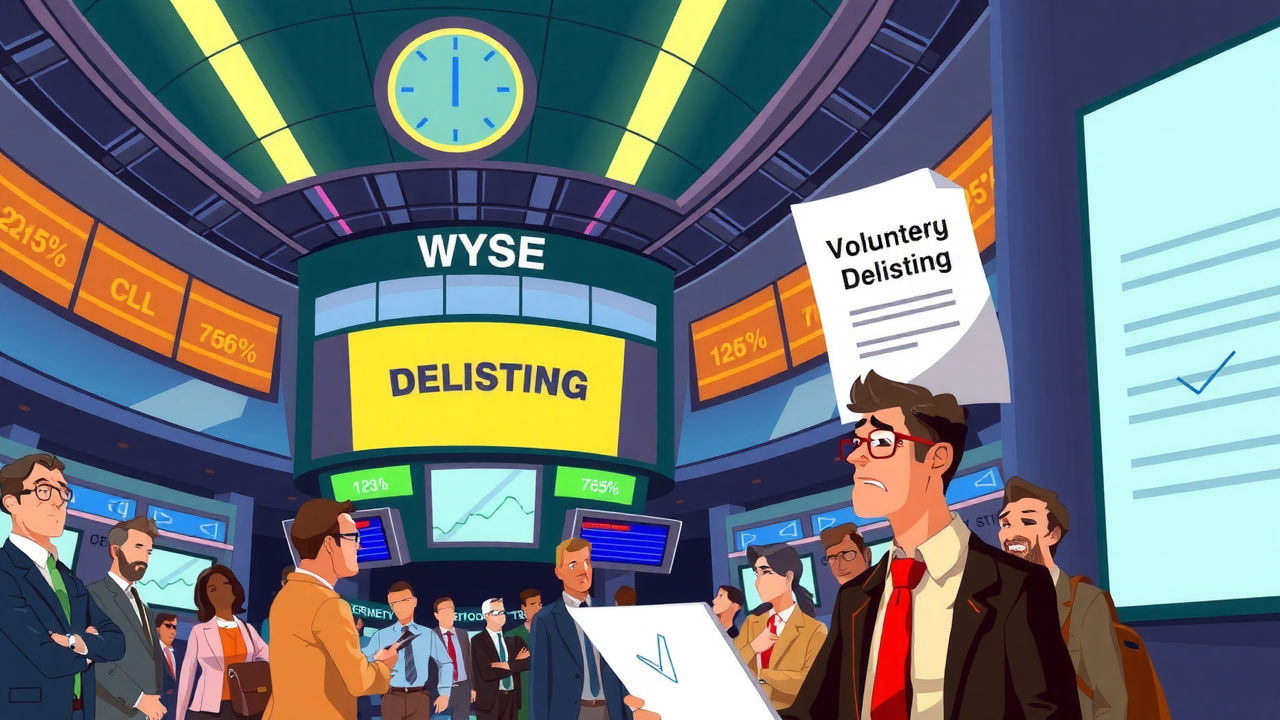
lex-o-pedia
Delisting of Securities: A Comprehensive Overview
Delisting of securities involves the permanent removal of a company’s securities from a stock exchange, ceasing their trade. It can be voluntary, initiated by the company, or compulsory, mandated by the exchange due to non-compliance. The SEBI regulations ensure a fair process, safeguarding sharehol
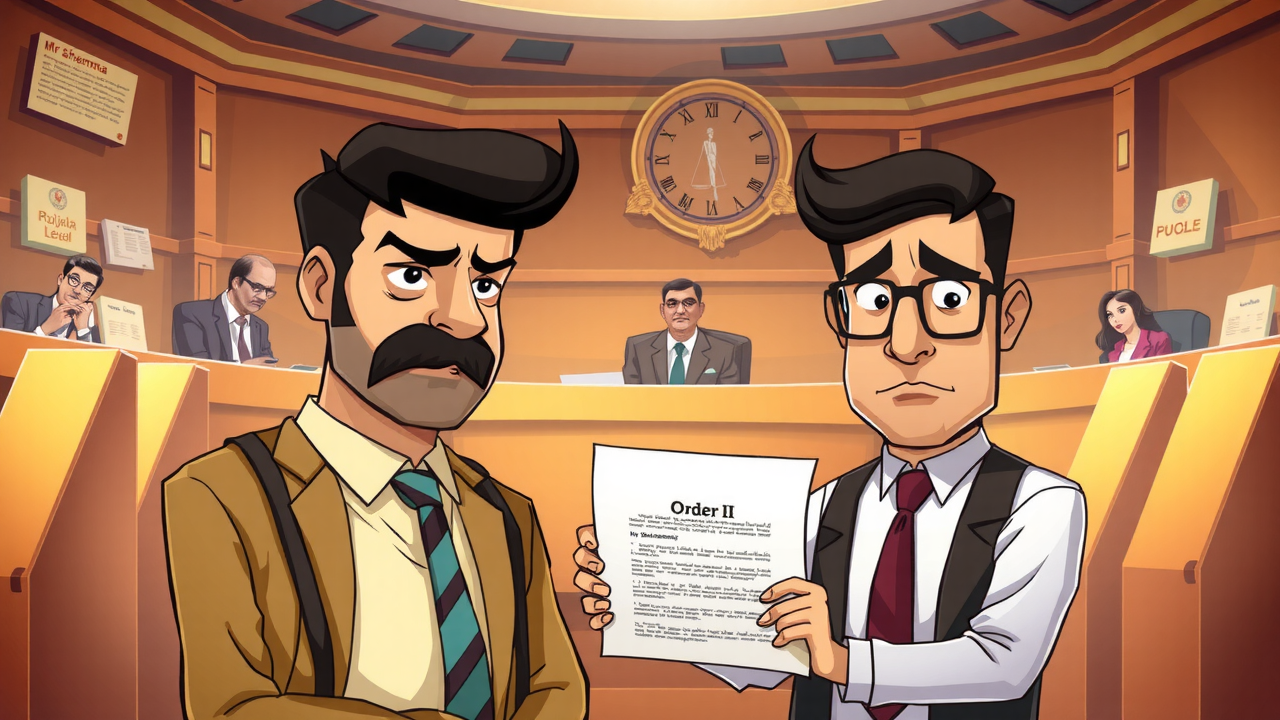
lex-o-pedia
Bar of Order II Rule 2 under the Code of Civil Procedure, 1908
Order II Rule 2 of the Code of Civil Procedure, 1908, mandates that a plaintiff must present all claims arising from a single cause of action in one suit, preventing the splitting of claims and the filing of multiple suits. This rule aims to reduce the burden on the judiciary, avoid unnecessary dela

lex-o-pedia
Contract of Sale v/s Contract for Sale
In Indian law, a “Contract of Sale” involves the immediate transfer of ownership of goods for a price, while a “Contract for Sale” refers to an agreement to transfer ownership at a future date, contingent on specific conditions. The key difference lies in the timing of the ownership transfer and the

lex-o-pedia
The Foreign Exchange Management Act: Facilitating Multinational Operations in India
The Foreign Exchange Management Act (FEMA), 1999, governs foreign exchange transactions in India, playing a crucial role in regulating and facilitating the operations of multinational corporations (MNCs). FEMA simplifies foreign investments, external commercial borrowings (ECB), and profit repatriat

lex-o-pedia
Interpleader Suits
Interpleader suits are designed to resolve disputes when a party holds property claimed by multiple individuals. Governed by Section 88 and Order XXXV of the Civil Procedure Code, 1908, an interpleader suit allows the stakeholder to request the court to determine the rightful owner, protecting them

